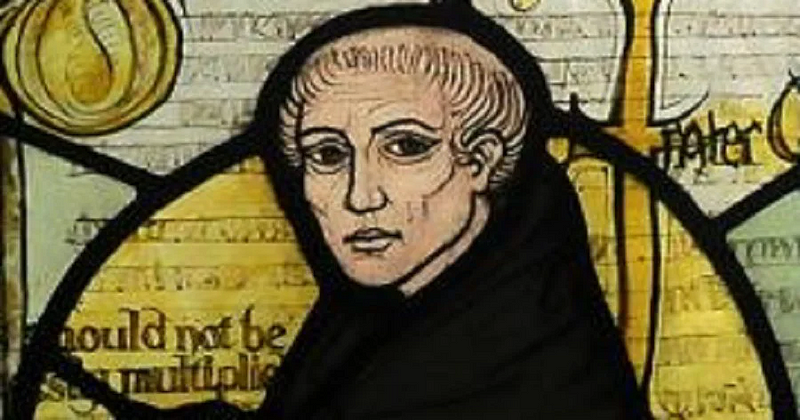The Radical Thinker from Ockham: William's Philosophy Revisited
Written on
Chapter 1: William of Ockham's Legacy
William, also known as "Ockham," was a pivotal figure in the development of modern philosophy. Born around 1287 in a small English village, he was a Franciscan monk whose revolutionary ideas led to his excommunication by Pope John XXII. His conflict with the Church stemmed not from his philosophical inquiries but from his outspoken criticism of its corruption and materialism. William boldly labeled the pope a heretic for undermining the monastic commitment to poverty.
At the core of William's philosophy were the concepts of nominalism—the belief that universals are merely names without substance—and voluntarism, which posits that the will is primary to the intellect. Through these lenses, he argued that God's omnipotence is essential to the universe, asserting that everything created is contingent, and that humans gain knowledge through observation rather than through pure reason.
William's ideas directly challenged Scholasticism, a philosophical framework largely shaped by Thomas Aquinas, who had integrated Aristotle's teachings with Christian theology. Aquinas argued that every event has a final cause, a notion rooted in Aristotle's philosophy. For Aquinas, God's design imbued all creation with a purpose, which could be understood through logical contemplation.
However, William contended that Scholasticism's approach fostered intellectual complacency, as it assumed that logical reasoning could suffice to understand the complexities of the world. Instead, he advocated for a more dynamic exploration of reality, emphasizing that true knowledge is gained through direct experience—an idea that resonates more closely with Aristotle's empirical methods than with Scholastic logic.
Section 1.1: William's Theory of Knowledge
William asserted that all knowledge begins with experience; intuitive knowledge, or knowledge evident to the mind, arises from our sensory perceptions and awareness of our internal states. Anything beyond immediate experience is considered derivative or abstract knowledge. His aim was to refine our thinking processes, establishing clear reasoning rules centered around the rejection of universals—the Platonic and Aristotelian forms that dominated philosophical thought in his time.
By eliminating the need for universals, William believed we could achieve greater clarity of thought. He posited that when we perceive an object, our senses create a mental image. This image prompts intuitive understanding—recognizing that an object exists and possesses certain characteristics, such as color.
William critiqued the Scholastic view that abstract qualities, like "greenness," represent universal forms. He argued that these concepts are merely linguistic constructs without any independent reality. For him, mental images and the names we assign to them sufficed to explain our understanding of objects, rendering the notion of universals unnecessary.

Section 1.2: The Implications of Nominalism
William's approach to reasoning, later known as "Ockham's razor," emphasized that the simplest explanation is often the most likely to be correct. He argued against the assumption of unnecessary entities in explanations. He went so far as to claim that even universals do not exist in the mind of God, contrasting with Ibn Sina's belief that God conceived universal forms before creating individual objects. For William, God’s focus was on specific individuals, not abstract humanity.
The Contingent Universe
William's view that God created individuals rather than universals is pivotal to his voluntarism. Unlike the notion held by many of his contemporaries, which suggested that God’s actions were bound by logical necessity, William maintained that God's will is free and not constrained by logic. This perspective implies that the universe is contingent on God's choices, and it challenges the idea that logic dictates the nature of reality.
He argued that if the universe is not governed by logical necessity, then our understanding of it cannot rely solely on logic. This has profound implications, suggesting that knowledge must come from empirical observation rather than abstract reasoning. Thus, if we wish to comprehend the world, we must engage with it directly, aligning with the empirical methods that would later characterize modern science.
The first video, "The Will to Believe," from William James's perspective, provides insights into the development of modern philosophy and the implications of belief.
The second video, "Descartes and the Beginnings of Modern Philosophy," explores the foundational concepts that shaped Western philosophical thought.
Political Theory
After his excommunication, William felt liberated to articulate radical ideas about society. He proposed that land ownership should rest solely with earthly rulers, rejecting the notion that the Church should possess land. He championed the right of people to choose their leaders and emphasized that these rulers must serve the public interest rather than their own. William also advocated for the separation of church and state, laying the groundwork for modern democratic principles that continue to resonate today.